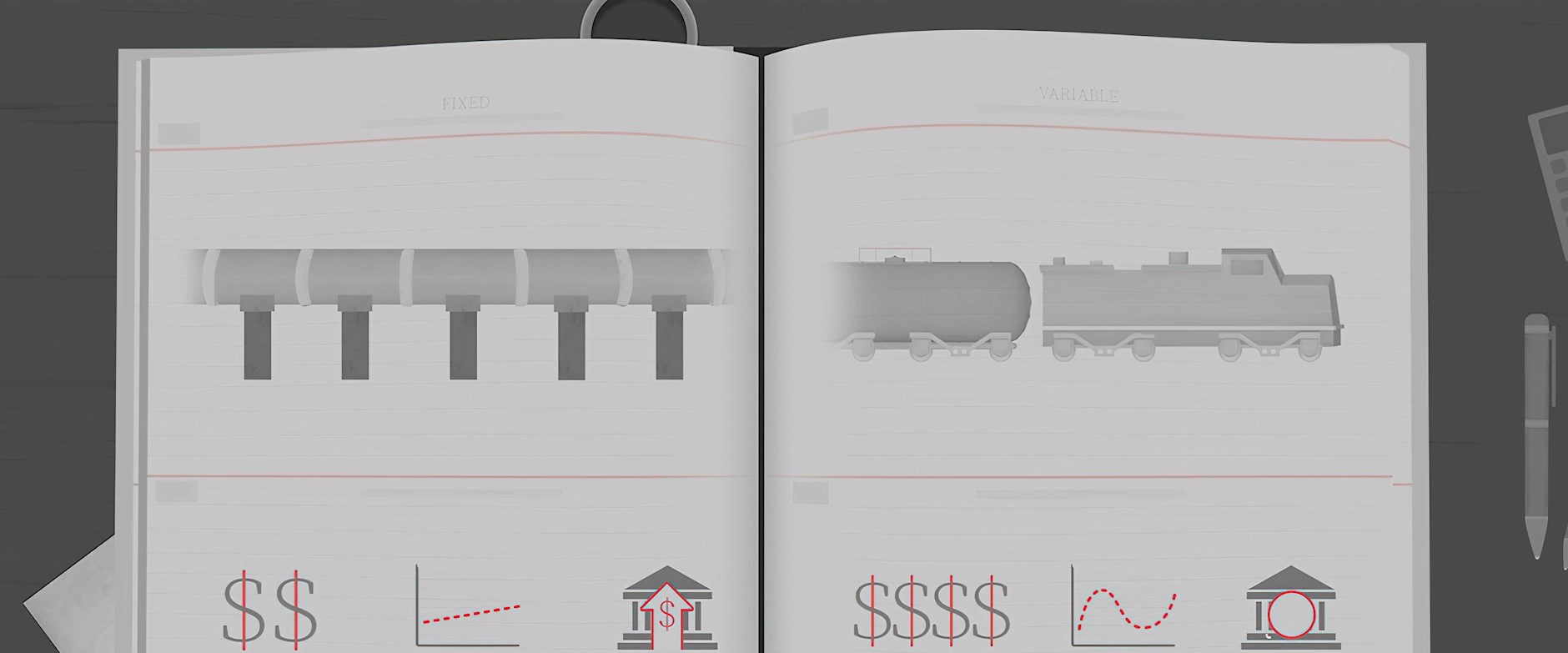
Deconstructing the Myths about Outside Advisers
Those with different experiences and objectivity can be real assets.
Deconstructing the Myths about Outside Advisers
Although big pipeline projects have attracted a lot of attention in recent years, shipping via rail has remained a popular option for those who move oil, with 10 percent of American crude production in 2014 transported by rail. But given that rail is often more expensive and less reliable than pipelines, why is it still shouldering a sizable portion of the job of moving America’s oil? Research from Chicago Booth’s Thomas R. Covert and Chicago Harris’ Ryan Kellogg suggests flexibility may be a big part of the answer—and that planners in other arenas can learn from how the oil industry balances low, fixed costs with high, more variable prices.

Those with different experiences and objectivity can be real assets.
Deconstructing the Myths about Outside Advisers
As life moves faster, everyone’s patience is wearing thin. Who gets to the head of the line quickest?
Secrets of Wait Loss
You feel your teammates have devised a shaky strategy. Can you avoid guilt by association?
Business Practice: Dealing with a Colleague’s Bad IdeaYour Privacy
We want to demonstrate our commitment to your privacy. Please review Chicago Booth's privacy notice, which provides information explaining how and why we collect particular information when you visit our website.